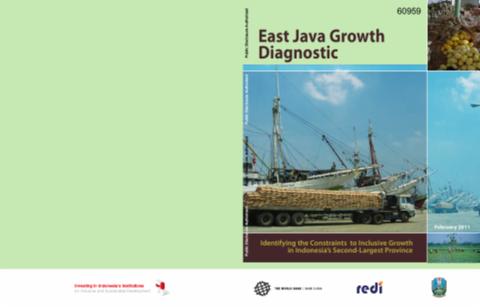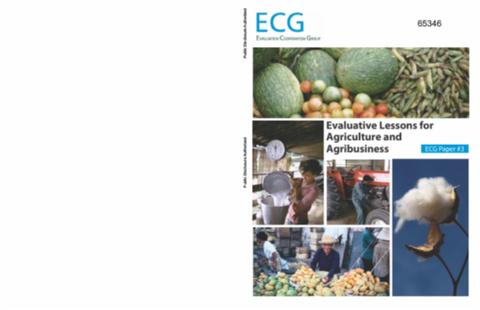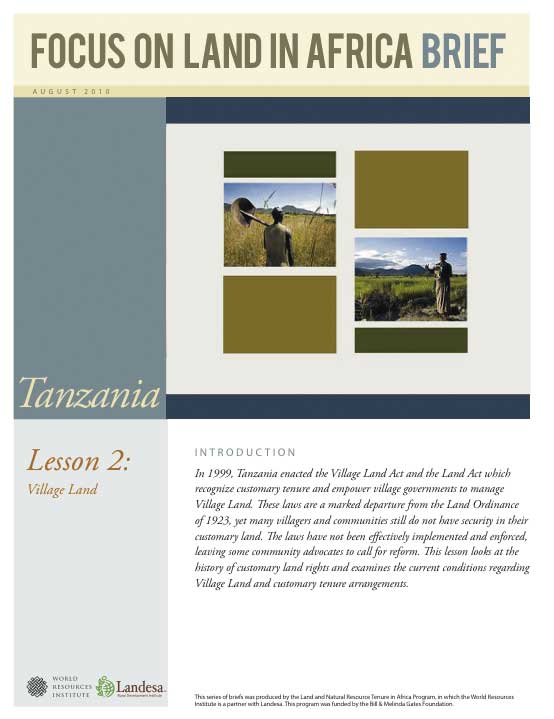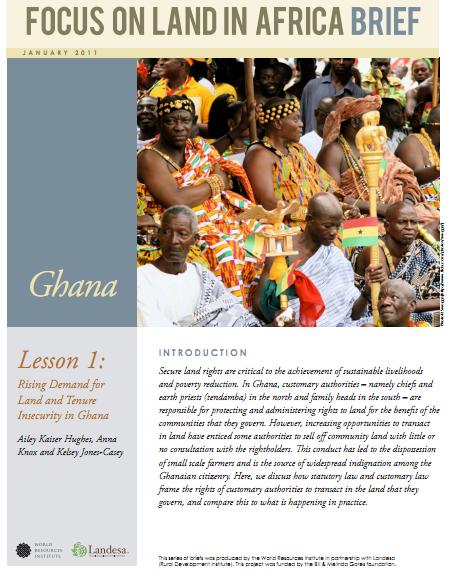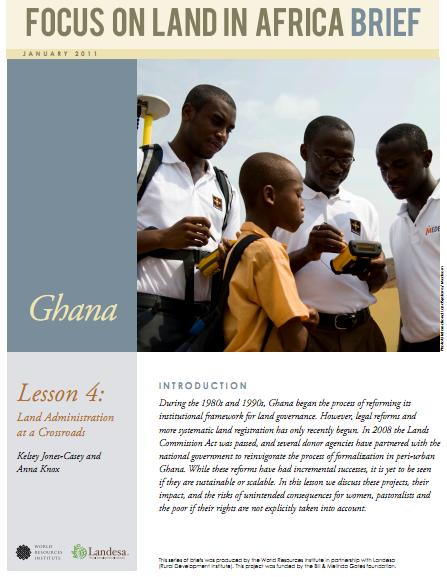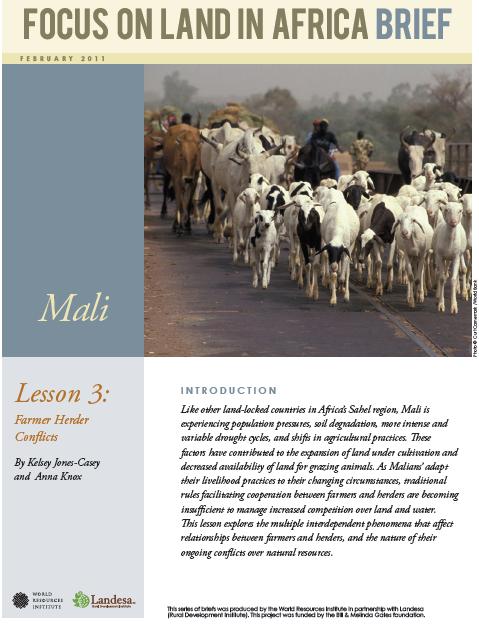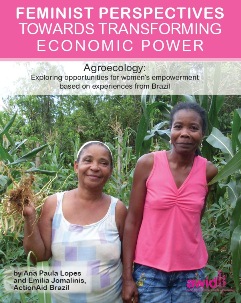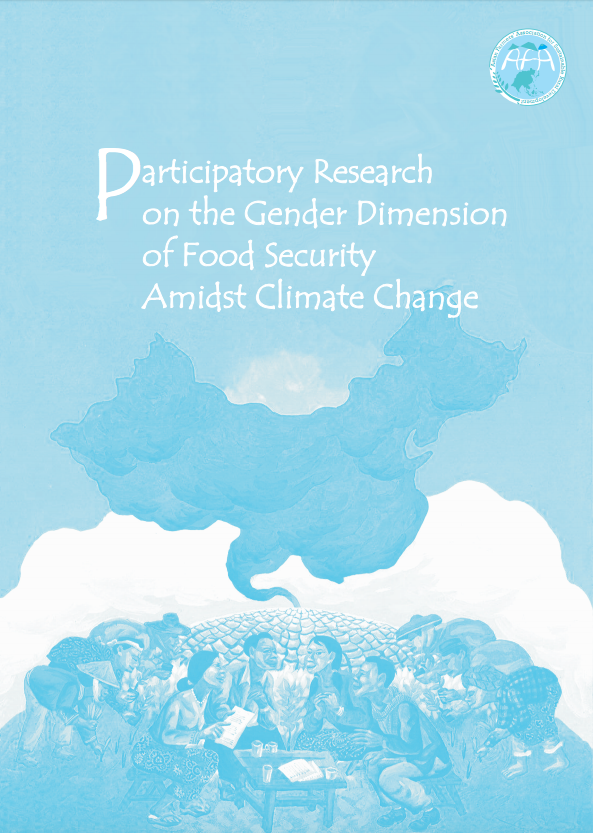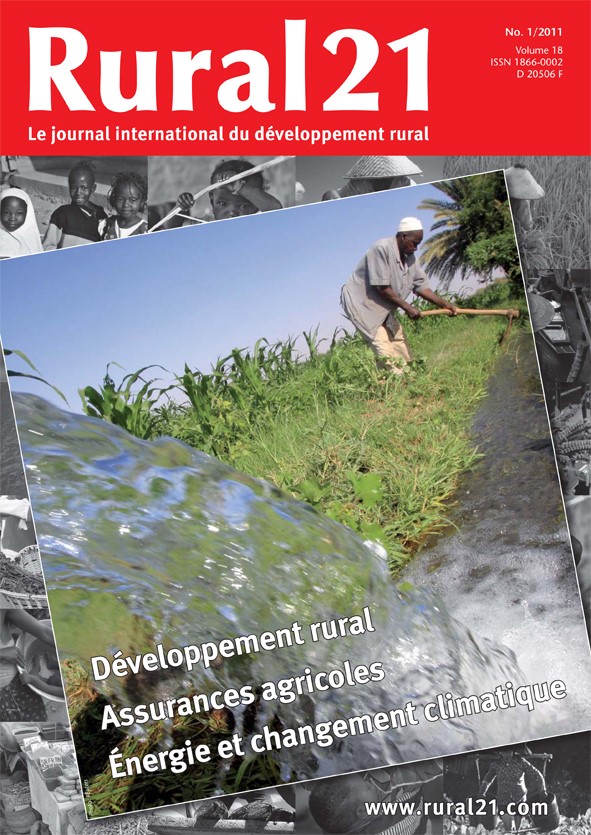East Java Growth Diagnostic
East Java is the second largest contributor to Indonesia's economy with a growth rate similar to national level and other major provinces in Java. Nevertheless, for a province that is expected to be a major economic center in the country, there has been very little change in the region's economic structure in the past 10 years. Since 1995, the share of industry and agriculture in the economy is almost unchanged. Furthermore, the growth in both of these two sectors has been low, despite the fact that industry was once the main driver of the East Java economy.

